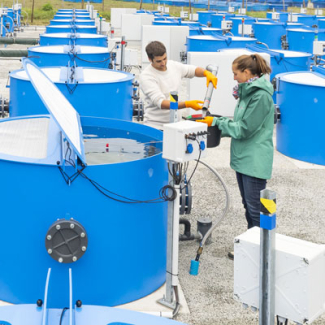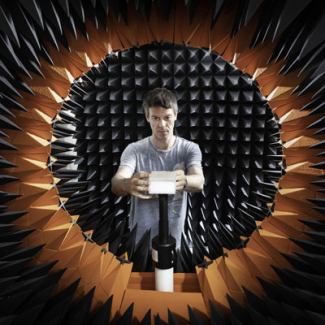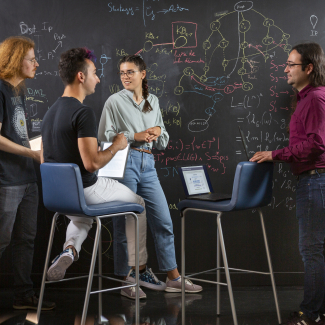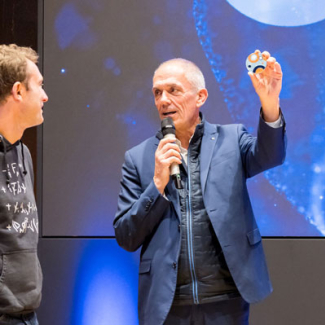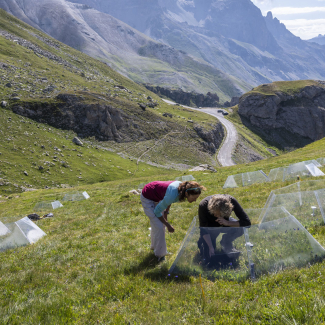The CNRS
A major player in basic research worldwide, the National Centre for Scientific Research (CNRS) is the only French organisation active in all scientific fields. Its unique position as a multi-specialist enables it to bring together all of the scientific disciplines in order to shed light on and understand the challenges of today's world, in connection with public and socio-economic stakeholders. Together, the different sciences contribute to sustainable progress that benefits society as a whole.
The three pillars of the CNRS’s activity
Research that covers the whole spectrum of scientific disciplines
The CNRS has more than 80 years’ experience in basic research, exploring living world, space, matter and human societies. It can leverage all fields of science to understand today’s global challenges in all their complexity, in conjunction with organisations in the field.
Disruptive innovation
The CNRS encourages and supports the application of research results to transform them into concrete and long-lasting social and technological innovations that benefit both companies and society.
Knowledge-sharing
The CNRS is a strong advocate of a knowledge-based society, and an open science that is deeply rooted in its era. It promotes the wide circulation of knowledge and scientific culture, and supports decision-makers in developing public policies.
The CNRS, a major player in global research
Audiodescription
The CNRS, a major player in research and innovation on the global stage
Responsibilities
Fulfilling our responsibilities both as a stakeholder in research and innovation and as an employer.
Organisation
Scientific governance means we can assign all our resources to research.
Europe and International
The CNRS is a major player in science on the global stage.
Distinctions
The CNRS awards annual scientific mediation medals to women and men who put science at the heart of society.
The CNRS tops the leader board in international rankings
Our assets for the international stage
The assets that make the CNRS a partner of choice in major international projects:
- Research and engineering teams of recognised excellence;
- Solid scientific networks and structured collaborations, which also involve industry;
- Proven expertise in steering and coordinating international teams;
- The ability to commit over the long term;
- Successful international partnerships that have resulted in a number of major discoveries.
A committed employer
Since 2005, the CNRS has been committed to a Continuous Improvement Process, which involves actions in the areas of professional ethics, recruitment, quality of life and occupational safety, non-discrimination, gender equality and professional development. Since 2015, it has been signed up to the European Human Resources Strategy for Research (HRS4R) and was awarded the label HR Excellence in Research by the European Commission in 2017, renewed in 2023.
At the CNRS, the values of deontology, scientific integrity, and ethics are fundamental and constitute the foundation of our responsibility in terms of research and innovation.
Mission for Women’s Integration
In 2001, as the issues of professional equality were permeating the social and political space, the CNRS created the Mission for Women’s Integration (MPDF). For the past 20 years, the MPDF has continued to broaden its sphere of action and developed the following four major objectives: promoting equality at work, encouraging girls to consider careers in science and technology, supporting and encouraging research that includes a gender dimension, and pushing forward all these actions on an international scale, through a number of partnerships.
Publications and resources
Publications
Consult and download
Photo credit: © Jean-Claude MOSCHETTI / IETR / CNRS Images
